Tanzania is one of the largest producers of cannabis in the world. Its dense forests make illegal cultivation easy. Despite this, the country’s authorities are on a mission to address this, with an extensive eradication programme in place. The sheer number of cannabis seizures suggests it’s a fight they may struggle to win.
- Capital
- Dodoma
- Population
- 72,681,000
- CBD Products
- Illegal
- Recreational cannabis
- Illegal
- Medicinal cannabis
- Illegal
- Cannabis laws in Tanzania
- Can you possess and use cannabis in Tanzania?
- Can you sell cannabis in Tanzania?
- Can you grow cannabis in Tanzania?
- Is CBD legal in Tanzania?
- Can cannabis seeds be sent to Tanzania?
- Medicinal cannabis in Tanzania
- Industrial hemp in Tanzania
- Good to know
- Tanzania’s cannabis history
- Cultural attitudes
- What’s the cannabis like?
- Where does the cannabis grow?
- Has Tanzania really got a cannabis problem?
- Will it be legalised in the future?
Cannabis laws in Tanzania
Can you possess and use cannabis in Tanzania?
It’s illegal to possess or use cannabis in Tanzania, under the Drug Control and Enforcement Act, 2015. If caught, it’s likely you’ll be given a prison sentence – up to one to five years for small amounts, or a hefty fine.
Even if the individual is caught with only a small quantity, they run the risk of being given a fine of 500.000 shillings, a prison sentence of up to three years, or both. A “small quantity” is listed as 50 grams of cannabis or 5 grams of hash, which is relatively large compared with what’s considered a small quantity in other countries.
As for usage? The law defines this as any act of smoking, inhaling, sniffing or otherwise using cannabis. It also applies to being caught with smoking paraphernalia. The offender can be sentenced to three years in prison, a fine of 1 million shillings, or both.
As such, users should be wary. In a bid to address the growing ‘cannabis problem’, undercover policemen often pose as dealers to catch offenders. If you’re caught, you can expect to have to pay a bribe (as much as $300) to avoid being arrested and imprisoned.
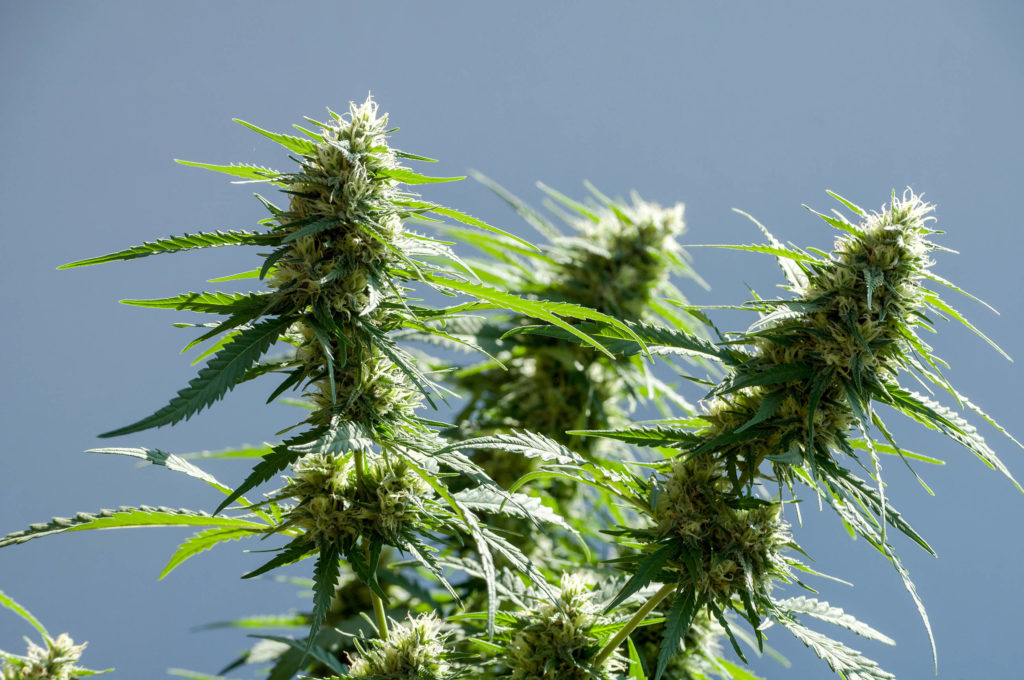
Can you sell cannabis in Tanzania?
It’s illegal to sell or supply cannabis in Tanzania. If you’re caught supplying it, you could be subject to a long prison sentence.
Since 2012, lawmakers have been campaigning to make the penalties more severe, with life sentences in place for serious drugs offences.
As it stands, cannabis trafficking is a big issue in Tanzania. Several major drug-smuggling routes pass through it, and the country is itself one of the largest cannabis producers in the world.
In a bid to curb the illegal cannabis trade, authorities commenced a large-scale eradication programme. In 2018, they destroyed 14 hectares of the crop in Arusha (a northern province and key growing area).
Timotheo Mzava, Arumeru administrative secretary, commented: “Some local officials are themselves complicit (in the trade) and we cannot accept that.” He also added: “We are going to arrest all persons implicated and nationalize all vehicles found to be carrying even the smallest quantity of cannabis.”
Preventing cannabis traffickers from cultivating the plant will be difficult, though. Many of the illegal plantations are well hidden within Tanzania’s natural forests. Tanzania’s borders are porous, making it hard for authorities to control the flow of narcotics, and they have a large coastline, which is mostly unmonitored.
Some major drugs entry points include the major airports (Dar es Salaam, Kilimanjaro etc.) and the seaports (Zanzibar, Dar es Salaam, Tanga and Mwanza).
Can you grow cannabis in Tanzania?
It’s illegal to grow cannabis in Tanzania. In their Drug Control and Enforcement Act, any person caught cultivating a prohibited plant is liable to be imprisoned for a term of not less than thirty years. However, there are exceptions. The Drug Control and Enforcement Agency may permit the cultivation or gathering of the cannabis plant under certain situations.
Despite the fact that the laws are strict, the country is one of the world’s largest cannabis producers. It’s cultivated in half the regions of the country (especially those located near to international borders), and police estimate that half of the families in these regions are involved in farming it.
This is largely because it’s much more lucrative to grow than other crops. According to Prohibition Partners, small farms cultivating plants like maize and sugarcane typically made $25 to $30 per acre in a season. By contrast, a single harvest of cannabis could yield as much as $200 a year.
The regions where cannabis farming is most common are: Morogoro, Arusha, Tanga, Mara, Kagera and Ruvuma.
Though cannabis cultivation is prevalent, the government show no signs of softening their approach towards it. In August 2020, they pledged to work with law enforcers to eradicate cannabis farming, with the leader of the Tanzania Forest Service Agency commenting: “Cannabis is a drug that poses health risk to users and cultivating the drug in our forests is illegal.”
Is CBD legal in Tanzania?
CBD, despite having low levels of THC (the substance responsible for the ‘high’) is not differentiated from cannabis in Tanzanian law. As such, it’s not legal to purchase or sell it in the country.
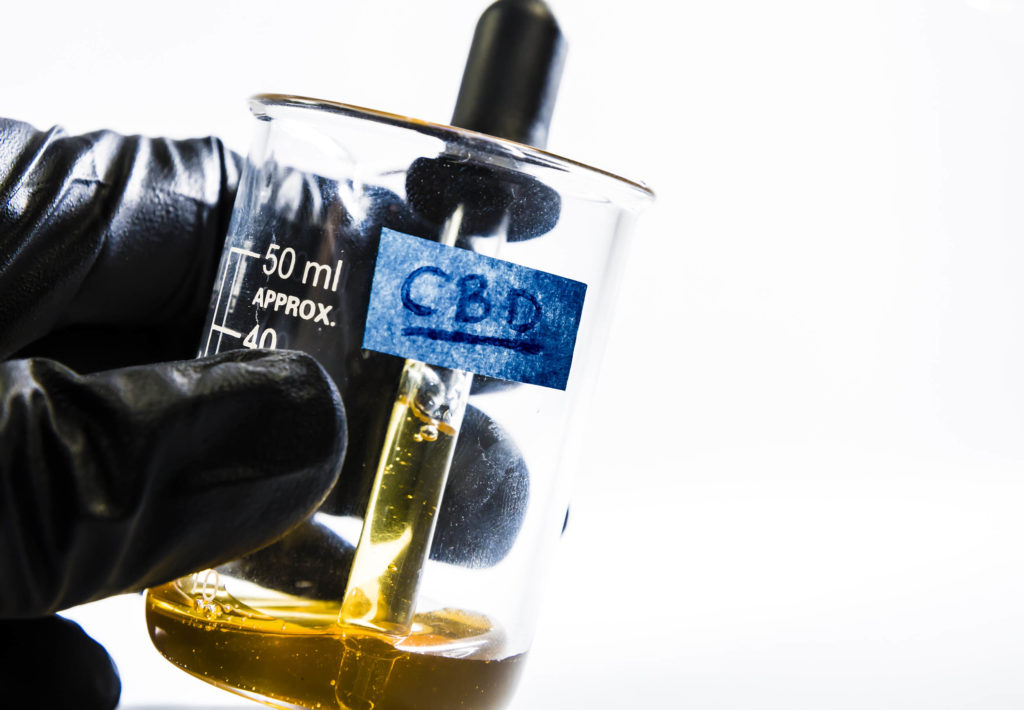
Can cannabis seeds be sent to Tanzania?
Cannabis cultivation is illegal in Tanzania. The law is strict regarding the possession or sale of seeds, with offenders running the risk of being given a thirty-year prison sentence if caught.
Therefore, the sale or purchasing of seeds is forbidden, and you may not send them into the country via the mail.
Medicinal cannabis in Tanzania
There is currently no medicinal cannabis programme in Tanzania, though cannabis is used (illegally) for medicinal benefit in rural areas of the country.
This zero-tolerance policy may be reviewed in the future. At the meeting of Heads of National Drug Law Enforcement Agencies, Africa in 2016, the Tanzanian government was advised to “develop national strategies to address increasing access of controlled drugs for medical and scientific purposes.”
The government responded by highlighting that they were the first country in Sub-Saharan Africa to introduce methadone-assisted therapy to treat opioid addiction. They’ve also since trained 3,000 healthcare providers to boost access to controlled substances for medical conditions. This suggests that the government may be open to introducing a cannabis medicinal programme in the future.
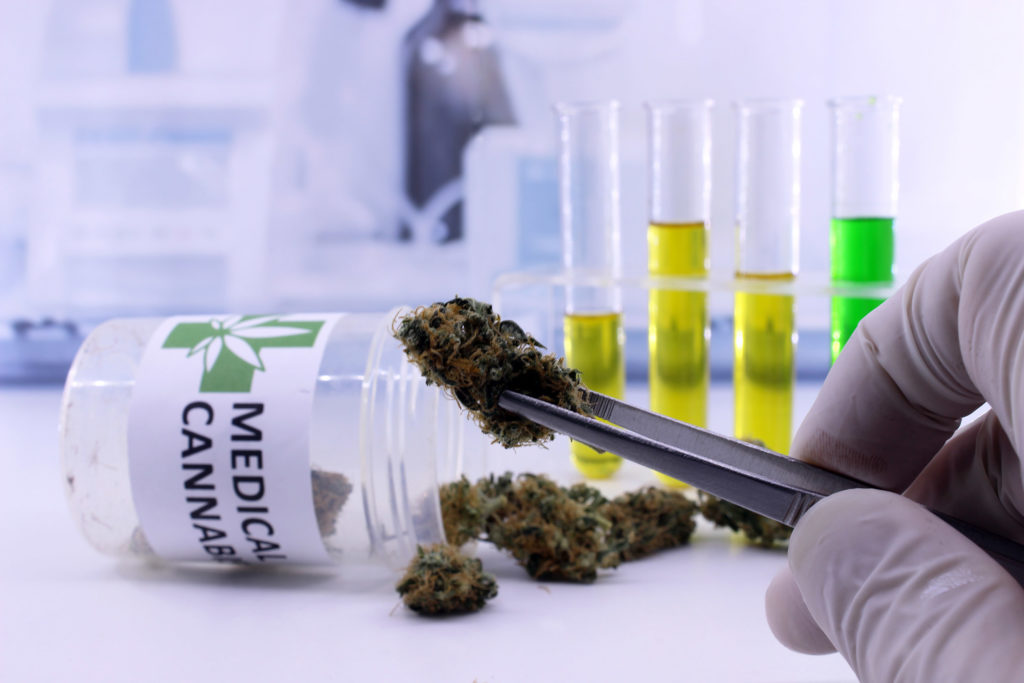
Industrial hemp in Tanzania
It isn’t legal to grow industrial hemp in Tanzania. However, the Tanzanian people have been using cannabis and hemp for practical purposes for centuries, and it’s believed that it is still used widely, especially in the rural communities.
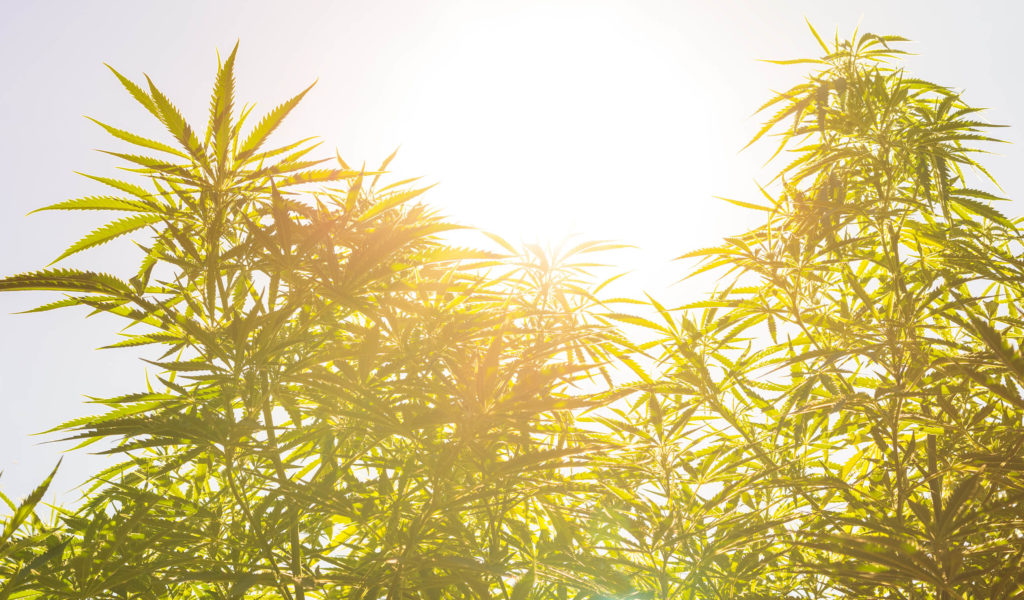
Good to know
If you are travelling to Tanzania (or currently live there), you may be interested to know the following:
- Despite the country being one of the world’s largest cannabis producers, usage of the drug is estimated to be relatively low. One report claims that just 0.2% of Tanzanians use it, though other reports contradict this.
- In a survey carried out in Dar es Salaam, between 37% and 75% of adults believed it was easy to obtain cannabis; despite the government’s tough legal stance.
- Most of the cannabis grown in Tanzania is used for domestic consumption, rather than international trade.
Tanzania’s cannabis history
It’s thought that cannabis was first introduced in Africa via the Swahili coast thousands of years ago; perhaps by Hindi, Farsi or Arabic traders. Not much is known about these early days, but it’s thought that the people of Tanzania may have consumed cannabis, and used it for practical purposes too.
In the 1600s, European travellers observed that East African people smoked it using coconut-based water pipes (Comoros) and antler-based pipes in Madagascar. A Portuguese account from the 1580s reports the use of ‘bangue’ in the area, which is believed to relate to the local term for cannabis – bhang. After this, there is no written evidence until the 1790s, detailing that East Africans used it for practical purposes as well as for smoking.
Tanzanian people also used it to supress their appetite, so they wouldn’t feel hungry while working. In 1883, it was recorded that the people of southern Tanzania said it “calmed the sufferings of hunger”.
A wave of ‘modern’ cannabis use began after World War II. Returning soldiers, who had been stationed in countries all over the world, brought the new customs they’d learned with them. These modern habits continued through to the 21st century.
Cultural attitudes
Cannabis has been a part of Tanzanian life for centuries, and it’s widely used across the country, particularly in rural communities. In the Southern Highlands, the seeds and leaves are used in cookery, and traditional healers have been known to treat ear-ache and other ailments with it.
Nowadays, attitudes to cannabis vary in Tanzania. A survey found that most cannabis-users were introduced to it via friends or family, usually in early adolescence. The most common reasons for trying it were curiosity, social acceptance and enjoyment. However, some frown upon the practice, and heavy use or addiction is relatively uncommon.
What’s the cannabis like?
Tanzania’s cannabis strains are well known for being potent and providing a psychoactive effect. This reputation means that the country has long been a popular destination for cannabis tourists, particularly from Malawi.
Malawi Gold is the most famous strain in East Africa. Over the years, it has become the predominant cannabis plant of Tanzania. Tanzanian Magic is another commercial strain, and is a 100% sativa that is native to the country’s Southern Highlands.
Most sativas are tall and straight, with thin, dark-green leaves. Some of the varieties require long vegetative growth periods before flowering, due to the slightness of the temperature variations this close to the equator. Some landraces need as much as 20 weeks of vegetative growth before they flower.
As for the aroma? Most East African sativas are described as smelling spicy, sharp and pine-scented.
Where does the cannabis grow?
Cannabis grows abundantly across Tanzania. It’s mostly cultivated in regions like Morogoro, Tabora, Iringa, Mara, Rukwa, Arusha, Rumuva, and Tanga. Increased demand in Mozambique resulted in a rise in cultivation in other areas like Mtwara and Lindi.
Has Tanzania really got a cannabis problem?
The US Department of State identifies Tanzania as a ‘significant transit country for drugs’, with a ‘growing domestic user population’. It also states that there are several drug trafficking organisations in the country, and that the country produces large amounts of cannabis for domestic consumption and international trade.
It’s not surprising that the Tanzanian government is losing the ‘war on drugs’. The 854 miles of coast make it easy for cannabis and other drugs to be smuggled via the sea, and air couriers also distribute illegal substances via the airports.
Many international drugs routes pass through the country. For example, a route running from Brazil (via Ethiopia) to Tanzania was uncovered in 2010.
Will it be legalised in the future?
Tanzania’s government has launched new campaigns to discourage cannabis use in the country. They’re also continuing to burn cannabis plantations as part of their eradication programme. As such, legalisation seems unlikely.
Given how widespread drug trafficking is in Tanzania, it’s improbable that the authorities will win their ‘battle against cannabis’ any time soon. This leaves the people of the country mostly free to cultivate and consume the plant, though the penalties are relatively steep if they are caught and prosecuted.
- Disclaimer:While every effort has been made to ensure the accuracy of this article, it is not intended to provide legal advice, as individual situations will differ and should be discussed with an expert and/or lawyer.







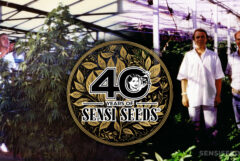





We realy have to gear up efforts to legalise marijuana in africa,coz its dawa(medicine).
Good afternoon John!
Thank you for your comment!
Absolutely! Hopefully, If we all work together we can pave the way for legalization, and medicinal cannabis can be used freely amongst patients.
To learn a little more about medicinal cannabis here are some links that you might find of interest.
Thanks again, and I hope you continue to enjoy the blog.
With best wishes,
Mark
but In my country Tz the weed strains are not that good are local bush weed we still smoke seeds of 20th century
Well, I’m glad to have read this to say the least. Never would have dove into this topic myself. Very interesting!
Hey.. Stumbled upon your site n its very informative and interesting at the same time hehe quick question though what is the best way to get seeds ? See am from Kenya and the weed we get here is not really potent. Av been in a few places and I smoked the weed here and there is no competition. Simply put I would like to know the best way to acquire seeds in a country like mine…
Hi Reuben,
Did you ever find HEMP SEEDS in Kenya? Hata mini nazitafuta – mbegu pekee.
zinapatikana .. mbona tanga ni karibu sana na Kenya
In Swahili, ‘Bangi’ is the term. if you say ‘ganja’ its also understood, in fact, its more polite. Bangi, is what people say in a condescending way to people who smoke. You can also simply say ‘dawa’ or medicine, but you might have to elaborate, depending on who you are talking too 🙂
why should our nations keep conforming to Western “ideals”? Poison drugs like cocaine are certainly bad, but what is wrong with cannabis sativa? Our traditional African elders have been taking it responsibly for years!
Why all this colonialism???!!!!!